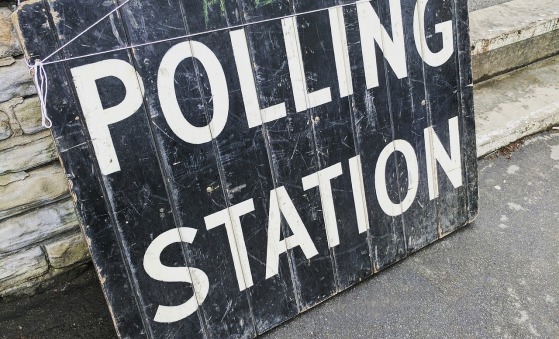Bhopal – In its fight to abolish capital punishment and allow prisoners a second chance of life, Prison Ministry India, a Catholic apostolate, has taken a bold step and has launched a nationwide campaign.
The campaign against capital punishment was launched at the 8th national convention of Prison Ministry India, held recently in Bhopal.
Prison Ministry India was founded in 1986 and is recognized by the Catholic Bishops' Conference of India (CBCI).
Father Varghese Karippery, co–founder, emphasized that a death sentence cannot take away a person's right to life. "We need to respect that right," he says, arguing that prisoners "should be given an opportunity to reform and renew their lives."
The campaign to abolish capital punishment involves collecting signatures throughout the country for a memorandum to be presented to President A.P.J. Abdul Kalam and Prime Minister Manmohan Singh in January 2005. The goal of the campaign is to build a national consensus against capital punishment.
According to media reports, 700 people were sentenced to death between 1991 and 1998, but most are still involved in judicial appeals or have been granted clemency. The State has carried out only 55 death sentences since Indian independence in 1947, but most of them were too poor to afford the legal services that could have saved them, opponents of the death penalty charge. The latest of such hanging was that of Dhananjoy Chatterjee who was hanged on Aug. 14 this year for the rape and murder of a 14–year old schoolgirl in 1990.
Human rights advocates and groups such as Amnesty International claim that a general bias in the Indian judicial system against the poor, illiterate and marginalized is even more evident in relation to the death penalty.
According to Father Sebastian Vadakumpadan, national director of Prison Ministry India, analysis of the cases of people who have been executed shows that a "majority of the convicted were from poor families." Rich people who commit heinous crimes escape execution due to the money influence, he says.
Former Supreme Court Chief Justice P.N. Bhagwati reportedly stated in 1982 that the Indian death penalty is "unconstitutional because the overwhelming number of those convicted is poor."
Beyond questions of morality and justice, Fr. Vadakumpadan says Prison Ministry India has realized from its work throughout India that people generally are "not aware of the obsolete nature of capital punishment."
Adding that the group is currently working on programs to create awareness starting at the parish level on the need to scrap the death penalty and substitute other forms of punishment, the priest cited that in many nations like Canada, Germany, France and Australia, capital punishment has already been abolished.
Father Joseph Kavalakkat, a regional coordinator for the ministry, argued that the concept of punishment has changed from retributive to reformative in modern civil society. The death penalty was intended to be a deterrent, he said, but has not brought crime rates down.
"The death penalty is against the basic spirit of the State. The State is expected to defend the lives of people. It has no right to take life away," Father Kavalakkat asserted.
Now working in 850 of India's 1,397 jails, the Catholic ministry, initially called Jesus' Fraternity, has some 2,000 clergy, lay people and Religious who are providing counseling, vocational training, medical facilities and other humanitarian assistance to prisoners and families in 22 states of India.
It runs 15 rehabilitation centers to help released prisoners learn specialized skills but plans to expand this work. Its goal is to have three rehabilitation centers in each of the country's 28 states within three years.
At the convention, the ministry also decided to work for the repatriation of Indian prisoners languishing in foreign jails.
"We are figuring out the exact number of Indian prisoners in foreign jails," Father Vadakumpadan shared. "We will network with like–minded foreign volunteer agencies to bring back our people to our country."




